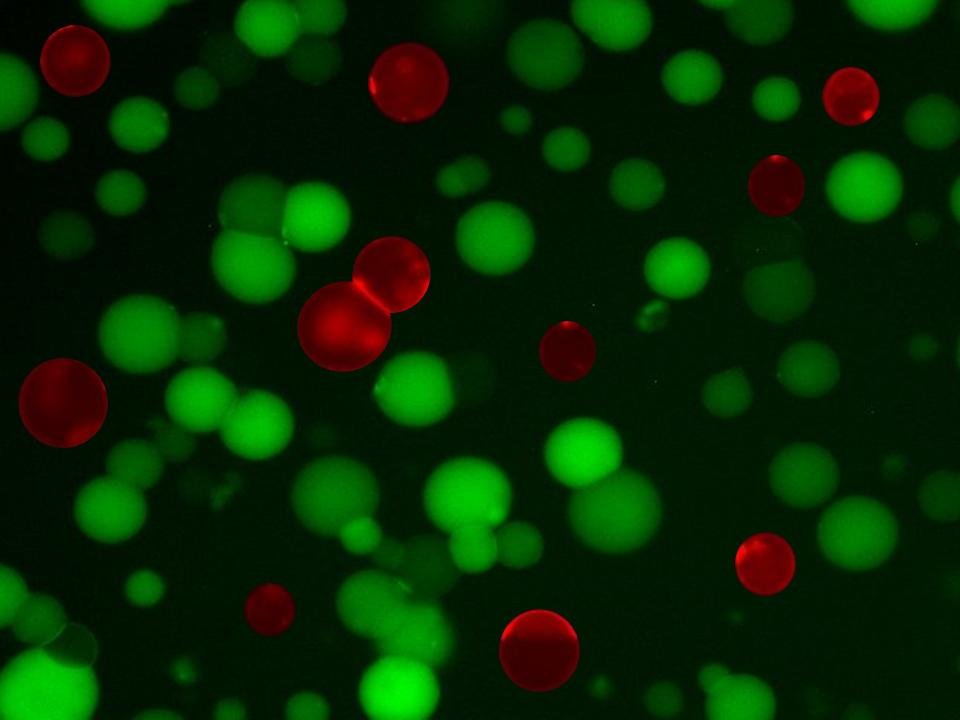Abu Dhabi-based Trends Research & Advisory organised an online event on May 8. Leading experts in the field of Artificial Intelligence (AI) discussed the potential of Machine Learning, Big Data, and other technologies at the event.
Today, multiple AI-powered projects based on data science, ‘machine learning‘ or ‘big data’, are being used across a broad range of fields to predict, explain and manage the different scenarios caused by the health crisis.
In the context of the pandemic, AI is being applied and delivering results in three fields: in virus research and the development of drugs and vaccines; in the management of services and resources at healthcare centers; and in the analysis of data to support public policy decisions aimed at managing the crisis, such as the confinement measures.
Speaking at the event, Bartlomiej Stanczyk, Robotics Engineer with ACCREA Engineering in Germany, said, “Robots can act as an interface between a doctor and a patient wherein they can carry out diagnostic and treatment processes, reducing the human contact and risk of transmission of infection during the coronavirus pandemic”.
Stanczyk said that robots could help doctors keep a safe distance from the patient by using probes and other remote medical equipment. “We aim to build a completely autonomous diagnostician through robotics, thus enabling the transfer of the skill from the human doctor on the machine carrying out the treatment,” he said.
The interface between the doctor and patient means the robot can carry out all of the diagnostic and treatment processes, he said.
Explaining a wide range of uses of robots in the medical field, Stanczyk said that they can help in disinfection of inaccessible areas in hospitals.
They can also be used in close proximity to humans by installing a sense of touch based on force sensors. Munier Nazzal, Professor of Surgery at the University of Toledo, in the US advocated the use of artificial intelligence (AI) in the development of a vaccine to cure COVID-19 patients. “AI can help with vaccine development by examining the virus’ components.
This can aid specialists gain a basic understanding and develop treatments that can be subject to pre-clinical trials,” he said.
Konrad Karcz, Professor of Medicine and Head of Minimally Invasive Surgery at the Ludwig Maximilian University Clinic in Germany, spoke about the potential for chatbots to measure body temperature and other medical indicators in patients.
Sapan S Desai, Chief Executive Officer of the Surgisphere Corporation in the US, explained the transformative potential of AI illustrated by the company’s collection of data on 86,000 COVID-19 cases which was used to model outcomes that suggested healthcare resources would be severely strained.








